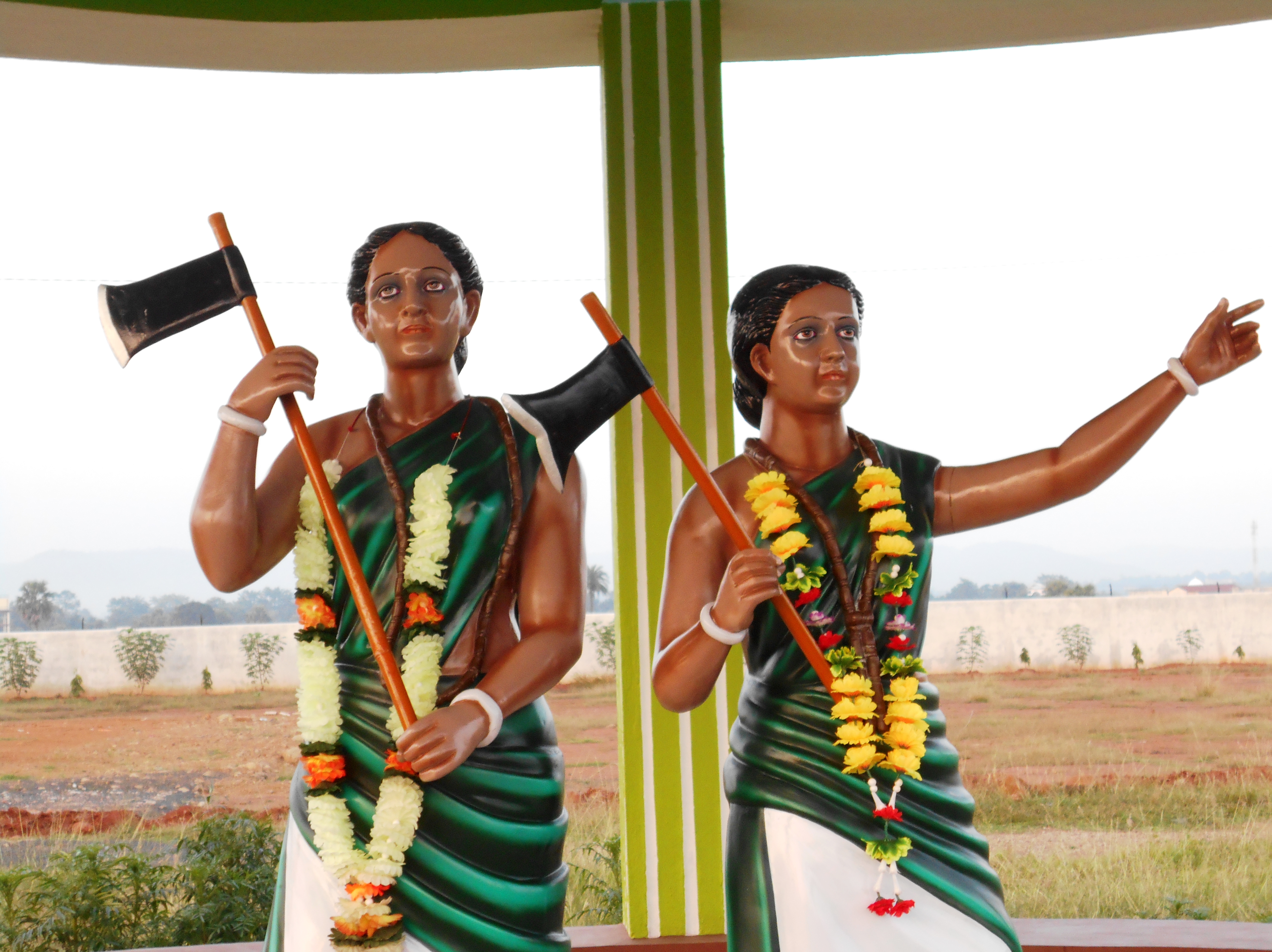The United Nations has declared August 09 as the International Day of the World’s Indigenous Peoples. The world body recognizes the fact that in every region there are earliest original settlers who are known as first settlers or indigenous peoples.
Indigenous peoples, also known as First peoples, Aboriginal peoples or Native peoples. They are ethnic groups who originally settled in a given region, unlike the groups that settled, occupied or colonized later.
Such ethnic groups maintain traditions or nuances of an early culture. However, many, in later stages, adopted or amalgamated with the colonizers’ culture, customs and language. Many indigenous communities have preserved their culture and traditions even against mounting pressure from alien groups.
In India, the ethnic groups or the Adivasis claim that they are the indigenous people of India. Most of them zealously preserve their culture, language and rituals. However, they also complain that their culture is getting eroded or their abode is being decimated in the name of skewed development.
According to estimates, there are 370 million indigenous people in the world, living across 90 countries. They make up less than 5 per cent of the world’s population. However, they account for 15 per cent of the poorest.
Modern day commercial expansions put heavy pressure on indigenous people’s land and resources. Governments of different countries make top-heavy legislations to take away their land even when their lands are non-transferable according to prevalent tenancy laws. Unscrupulous private business also invades indigenous peoples’ areas and, by force or threat, narrows down their living space or even evict and displace them. This is a growing problem.
The Indigenous peoples are coming of age. They are becoming aware of their rights and constitutional provisions. Hence, they raise their voice. They organise and express their democratic dissent against forces that aim to displace them and destroy their identity.
Every government has a bounden responsibility to respect the human and fundamental rights of indigenous peoples. Development ideology does not mean displacing a community just because it is defenceless. Development does not mean broad roads and electrified cities at the expense of the poor and the indigenous and their rights. Development should not mean economic expansion and amassing amenities by a few with social and political clout and deprivation for the rest. Unfortunately, the world is fast moving in that direction.
Indigenous peoples have sought recognition of their identities, their way of life and their right to traditional lands, territories and natural resources for centuries. It is a sad commentary on our so-called civilization that, throughout history, their rights have always been violated. ‘Indigenous peoples today, are arguably among the most disadvantaged and vulnerable groups of people in the world. The international community now recognizes that special measures are required to protect their rights and maintain their distinct cultures and way of life.’
They are the best conservators of nature and nature’s resources. They have respect for nature. They do not exploit nature’s resources for any selfish needs. They take what they need and leave the rest for regeneration. But, the capitalist urge is to make people drunk with avarice and selfishness. No care for the other. Mahatma Gandhi, India’s Father of the Nation, put this vicious trend in a nutshell. ‘Nature has enough for all, but not enough for the avarice of a few.’
They preserve environment. They do not pollute rivers with effluent from factories or latrines. They do not litter mother earth with plastic bags and kitchen waste. They do not let their domestic animals occupy public space and public roads to prevent traffic and cause public nuisance.
Those of us who are advocates of the so-called development and progress need to learn much from the indigenous. In the name of development we will cut down trees, clear vegetation, displace human communities, pollute environment and demonstrate our muzzle and money power.
One will amass wealth by exploiting the energy of enslaved workers and of the poor and build 20, 30 storey buildings with helipad facilities on top of the building. One can gift an aeroplane to one’s beloved on her birth day. Such mismatch behaviour can happen even in India. Meanwhile, below his sky-embracing mansion, there are people living in shanties and hovels. His sweetmeat delivery wan may give them a taste of his generosity on Independence and Republic days to celebrate India’s ‘freedom’.
There have been cases of industrialists encroaching upon the land of the indigenous and the backward classes. In some instances the original owners of the land were threatened by the muzzle-men of industrialists by telling them: ‘Don’t resist, otherwise we will bury you in your own land.’ The world has come to such a sorry pass!
This year’s theme is Indigenous Peoples’ languages. It is very much in tune with 2019 being celebrated as the Year of Indigenous People’s Languages. ‘They speak an overwhelming majority of the world’s estimated 7,000 languages and represent 5,000 different cultures.’ They have an identity of their own. They are rich in healthy human expressions which are manifested as chit chats, conversations, songs, storey narration, music, dance, rituals etc. Modern day facilities are helping them to enable their life and culture to be recorded in written forms. This is essential. Governments and people’s organisations should encourage promotion and enrichment of indigenous peoples’ languages.
